Senators block bi-partisan resolution to end war in Yemen
The US Senate has voted against a resolution seeking to end American support for Saudi Arabia’s military campaign against Yemen.
The upper chamber of Congress voted 55 to 44 on Tuesday against the measure introduced by anti-war senators.
The resolution would have forced US President Donald Trump “to remove United States Armed Forces from hostilities in or affecting the Republic of Yemen,” except operations against al-Qaeda or affiliated forces.
The US has been providing intelligence and logistical support for the Saudi-led military coalition against Yemen.
During Senate debate before the vote, some backers called the three-year-long conflict in Yemen a “humanitarian catastrophe,” which they blamed on the Saudis.
US Defense Secretary James Mattis traveled to Congress on Tuesday to encourage members of both parties to block the resolution.
The vote came as Saudi Crown Prince Mohammed bin Salman is in Washington for official talks at the White House on his first visit to the US, which observers say is mainly meant to consolidate his grip on power at home and push for an ambitious nuclear deal.
Saudi Arabia has been incessantly pounding Yemen since March 2015 in an attempt to crush the popular Houthi Ansarullah movement and reinstate former president, Abd Rabbuh Mansur Hadi, who is a staunch ally of the Riyadh regime.
The conflict has killed about 14,000 people in Yemen, displaced more than 2 million and driven country to the verge of widespread famine.
Much of the Arabian Peninsula country's infrastructure, including hospitals, schools and factories, has been reduced to rubble due to the war.
The United Nations says a record 22.2 million people are in need of food aid, including 8.4 million threatened by severe hunger.
A high-ranking UN official recently warned about the “catastrophic” living conditions in Yemen, stating that there is a growing risk of famine and cholera there.
Earlier this month, Yemen's Prime Minister Abdel-Aziz bin Habtour said Saudi Arabia would not have been able to wage a war on the impoverished country without support from the United States.
VIDEO | Former FBI agent criticizes US Congress for 'outright corruption'
IRGC chief urges Muslim countries to cut aid routes to Israel
'New chapter in cooperation': Iran, Venezuela sign new MoUs
Jordan sentences former lawmaker for supporting Palestinian resistance
Basij volunteer forces hold massive drills in southwestern Iran
Israeli war criminals 'not welcome', US city says after ICC ruling
US vetoing of Gaza ceasefire resolution ‘disgraceful’: Iran’s UN envoy
VIDEO | IAEA adopts anti-Iran resolution tabled by E3


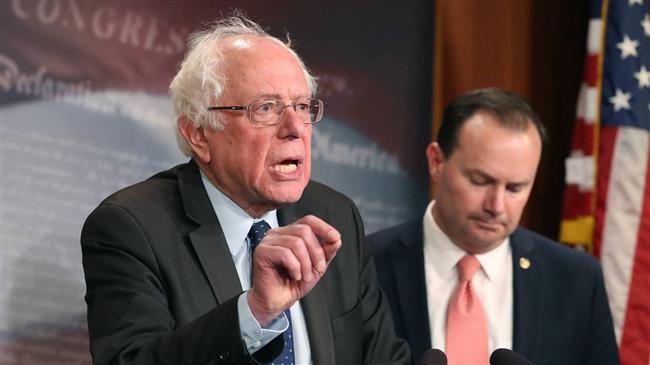







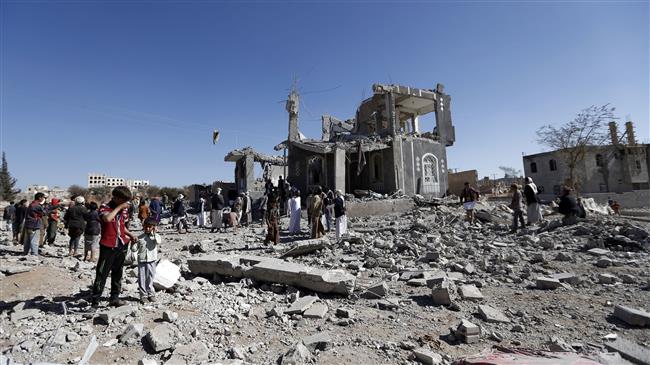
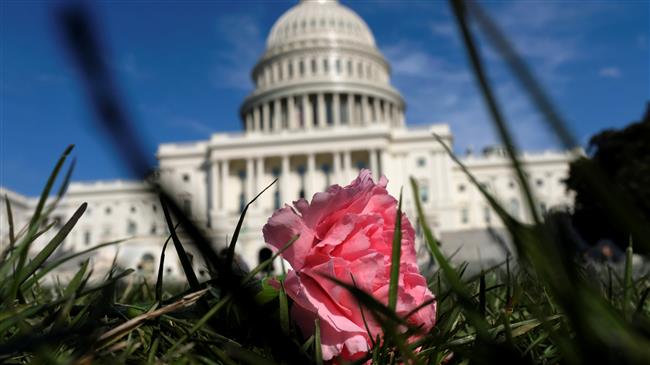
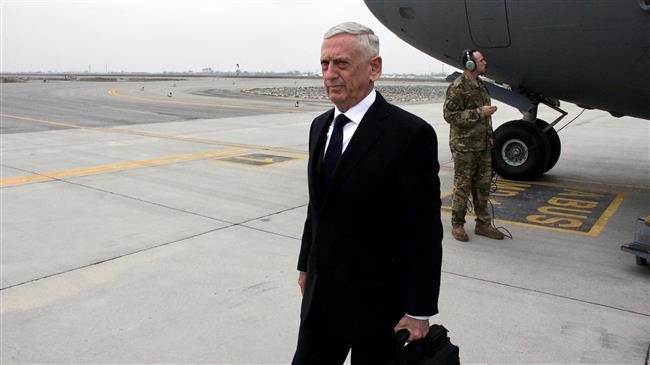
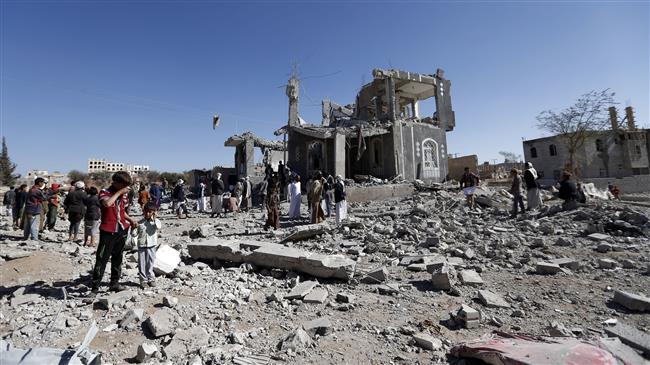

 This makes it easy to access the Press TV website
This makes it easy to access the Press TV website